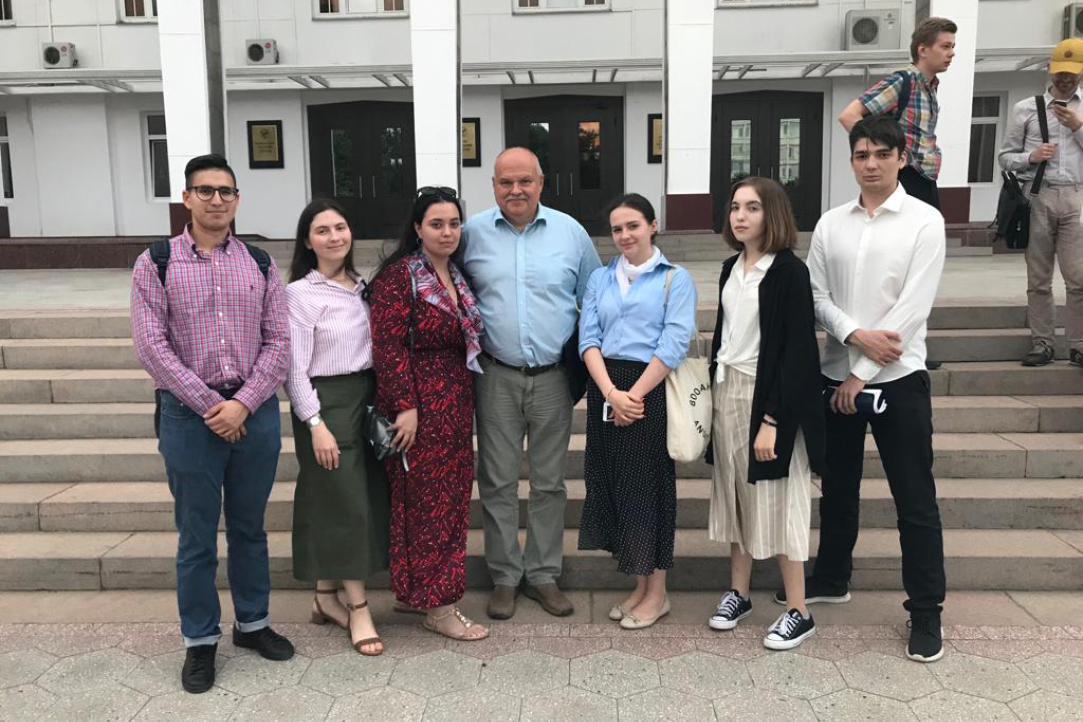Dilia Karamova took part in the "Rediscovering Russia" Expedition
Programme "Business and Politics in Modern Asia" student shares her impressions of the trip to Dagestan.

Students' participation in the Winter and Summer Schools, internships and scientific expeditions is an essential part of the education here, at the Programme "Business and Politics in Modern Asia". This is why the Programme administrations stimulates and supports the willings of students to take part in such events.
The regular student expedition of the "Rediscovering Russia" series was held from June 23rd till July 3rd. It focused on the Islamic education in Dagestan and was organized for students from both Moscow and Saint Petersburg HSE campuses. Head of the Department of Asian and African Studies professor Evgeny Zelenev and HSE Laboratory for Socio-Political Destabilization Risks Monitoring Deputy Head professor Leonid Issaev acted as the expedition Supervisors.
Dilia Karamova, the Programme "Business and Politics in Modern Asia" first year student, was one of the expedition participants. We asked her to share her experience.
«The expedition's organization was perfect, the programme was very rich. We managed to visit 10 Islamic educational organizations during the expedition and have a talk with their faculties and administration staff. We couldn't speak with many students though, for there were already holidays in the most of the schools. The meeting with the Dagestan Mufti and Education Minister was also organized specially for our delegation.
Thanks to the wonderful expedition's organization we coould not only work productfully, but also visit picturesque and historical sites of Dagestan, for example, the Derbent city and the Sulak Canion which is one the the deepest in the world.
This expedition and journey themselves were special for me. I have dreamed to go to Dagestan for a long time. I am very glad that HSE grants such an poortunity to the students to visit and explore our country's regions as well as study the fieldwork and datawork which is essential for young researchers».

